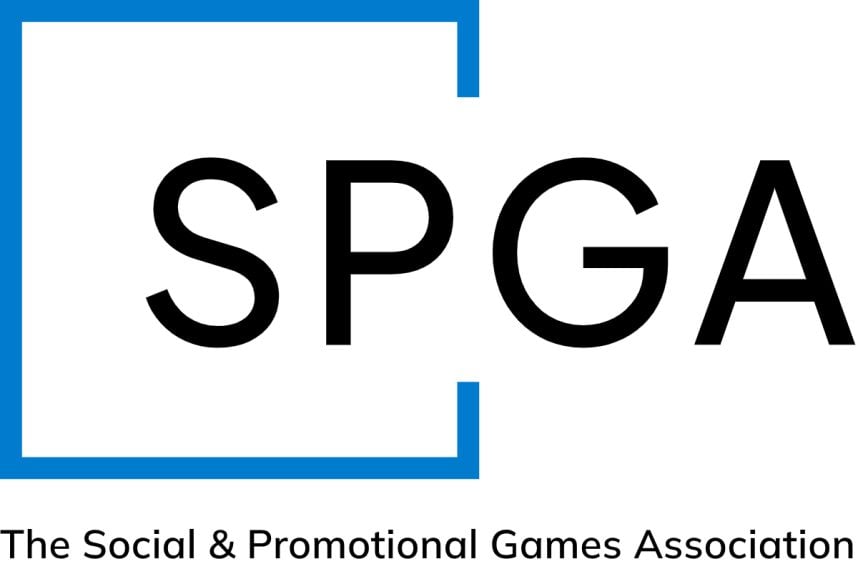published on: December 13, 2024, 09:55h.
Last updated on: December 13, 2024, 10:03h.
Key terms circulating in the US gaming sector include “sweeps,” “sweepstakes,” and “social gaming.”

Advocates of social and sweepstakes casinos assert that the virtual platforms offer recreational activities to countless users in a secure, risk-free setting. Critics, however, argue that many such enterprises engage in illicit gambling practices by enticing players with complimentary tokens, leading them to later deposit real money and gamble.
A newly established trade group known as the Social & Promotional Games Association (SPGA) aims to counter the negative allegations. SPGA maintains that social casinos featuring sweepstakes rewards “follow the standard social casino model while also providing promotional sweepstakes rewards for players.”
SPGA comprises numerous social sweeps entities such as 10 Ten Gaming, Blazesoft, Fliff, FSG Digital, Gold Coin Group, High 5 Entertainment, KHK Games, Kickr Games, Octacom, Rolling Riches, and Woopla Gaming.
Social Groups Assemble
Social gaming has been a prevalent pastime for some time, with social media users engaging in cost-free online slots and table games where actual monetary gains are not obtainable. These platforms generate revenue by selling extra tokens after a player exhausts their initial and recurring free play quotas.
A new trend in the social gaming arena involves sweepstakes. Initially, sweepstakes casinos emulate the social gaming approach by offering complimentary credits for new account registrations.
When players deplete their spins or wagers, they can acquire more plays or buy a secondary virtual currency to compete for prizes, often including cash. Detractors argue that such operations violate state and federal gambling regulations.
In a recent investigative piece on the sector, The Washington Post recounted an incident of a 41-year-old individual who spent nearly $100K on a social sweeps casino. SPGA insists that such occurrences are uncommon.
The vast majority of social sweeps consumers never make financial transactions. More than two-thirds of players at a typical SPGA-affiliated site solely engage in free-to-play activities,” SPGA informed Casino.org.
SPGA asserts that its members’ operational strategies resemble how major retailers like Walmart and Starbucks employ online sweepstakes to bestow cash and prizes.
American consumers perceive social casinos as legitimate entertainment products, spending in excess of $40 billion on social casino games in the past decade,” SPGA stated. “Rewarding these players and incentivizing participation through the established sweepstakes model is akin to how leading corporations utilize sweepstakes to promote various consumer goods like coffee or hamburgers.”
However, some states hold a differing opinion. Legislators and regulators in multiple states and regions, including Idaho, Kentucky, Louisiana, Michigan, Montana, Nevada, and Washington, DC, have deemed social sweepstakes casinos illegal gambling entities and have issued cease and desist directives to operators like High 5 Casino.
About SPGA
Established earlier this year, SPGA describes itself as a “membership-oriented organization” committed to educating state and federal officials as well as the general public about the social sweeps sector.
SPGA members have agreed to restrict real-money gaming to individuals aged 18 and above and utilize “regulation-grade” technology to verify player identities. They have also vowed to adhere to best practices in advertising, fair play, and consumer safeguarding.


